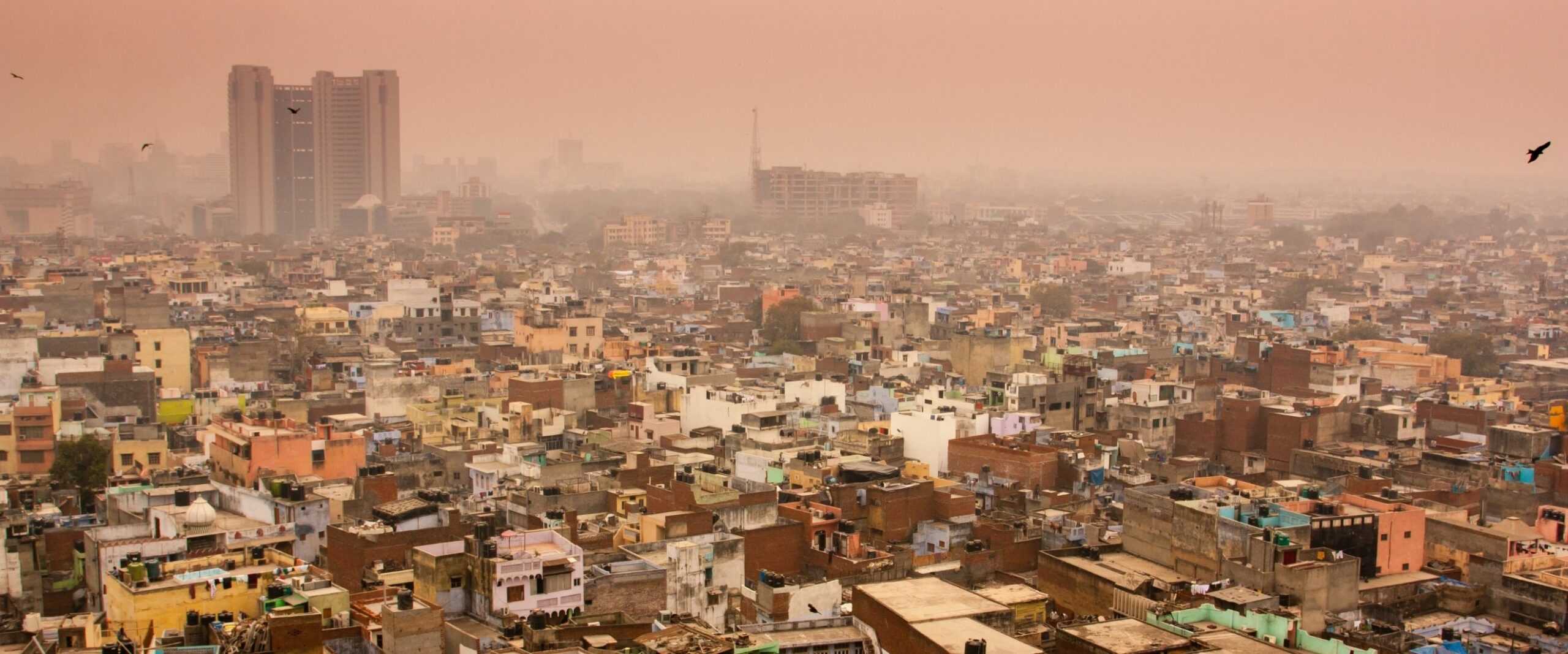Analysis
SCO Shorts: The Jahangirpuri Demolitions Reach the SC
On April 21st 2022, the SC directed that the stay on illegal constructions in Delhi's Jahangirpuri shall continue.

On April 21st 2022, Justices Nageswara Rao and B.R. Gavai directed that the stay on the demolition of illegal constructions in northwest Delhi’s Jahangirpuri shall continue.
Background
On April 16th, a Shobha Yatra to celebrate Hanuman Jayanti was organised in Jahangirpuri. Riots between Hindus and Muslims broke out after stones were allegedly pelted at the procession. Over 20 people were arrested in connection with the violence, with five accused booked under the National Security Act, 1980. On April 19th, the Chief of Delhi’s Bharatiya Janata Party (BJP) wing wrote to the North Delhi Municipal Corporation (NDMC), pointing to the rioters’ illegally constructed homes and establishments. The next day, the NDMC, led by Mayor and BJP politician Raja Iqbal Singh, launched a drive to raze encroachments in the area, demolishing several structures in Jahangirpuri, many of which were owned by Muslims.
Why It Matters
The NDMC’s anti-encroachment drive in Jahangirpuri comes in the wake of similar drives across the country in riot-hit areas. In mid-April, communal riots broke out in Madhya Pradesh’s Khargone. Within a few days, the BJP-led government demolished tens of homes and shops owned by Muslims in the area. The same week, the district administration in Anand, Gujarat, demolished structures belonging to those allegedly involved in communal clashes.
Critics claim that these demolition drives target areas populated largely by Muslims. For instance, Jahangirpuri is dominated by low-income Muslim communities, many of whom are involved in the scrap trade and in the disposal of medical waste.
Journey At the SC
On April 20th, the Jamiat-Ulama-i-Hind challenged the demolition as it was underway, arguing that the NDMC had provided insufficient notice to those whose properties were razed.
A Bench led by CJI Ramana directed that a stay be imposed on the demolition. However, the NDMC continued to raze properties even after the SC’s order was issued.
On April 21st, CPI(M) leader Brinda Karat and individuals whose properties had been razed, filed a petition at the SC challenging the NDMC’s continued demolition of properties in violation of the Court’s earlier Order. The same day, Ganesh Gupta, a juice vendor from Jahangirpuri whose shop was bulldozed despite showing valid authorisations and licences to the NDMC, has moved the SC seeking compensation.
A Bench comprising Rao and Gavai JJ directed that the stay on the demolition must continue, further stating that it would take a ‘serious view’ of the demolitions carried out by the NDMC after the stay was imposed on April 20th.
What Are the Delhi Government Laws That May Be Invoked?
Section 343, Delhi Municipal Corporation Act, 1957: reasonable opportunity of hearing must be given to show why a demolition order must not be issued by the Municipal Commissioner.
Section 30, Delhi Development Act, 1957: structures may be demolished only when the owner is given at least five days’ notice to comply with an order directing the removal of the structure.
What Are SC Cases That May Be Invoked?
Sudama Singh v Deepak Mohan Spolia, 2017: the SC ordered the implementation of a Delhi HC Judgment which directed that before evictions are carried out, the relevant authorities must identify those who must be rehabilitated and relocated.
Olga Tellis v Bombay Municipal Corporation, 1985: The SC stated that evictions may be carried out as per the procedure established by law.
What Next?
The NDMC is to respond to the petitions challenging the demolitions in two weeks, when the matter will next be listed. Meanwhile, no further demolitions in the area shall be carried out.